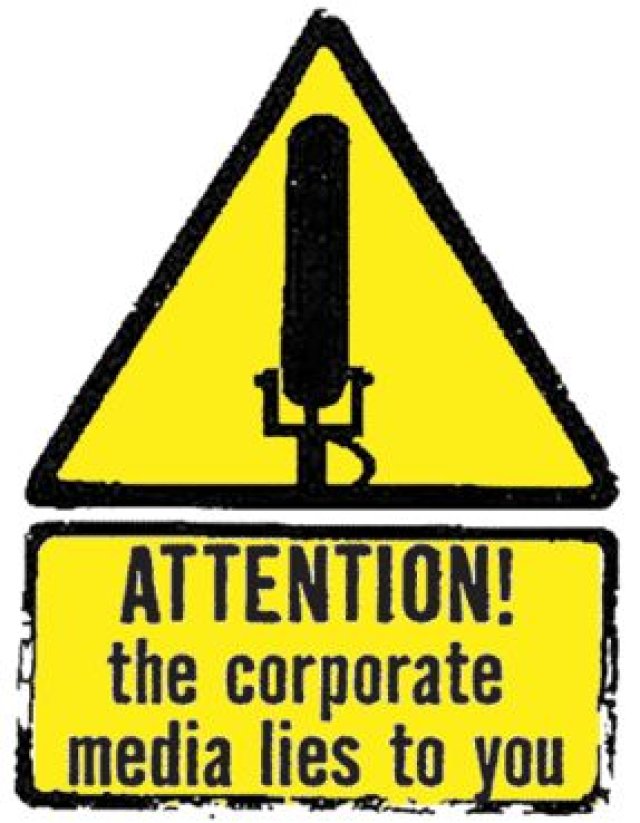
Having taken her share in Fairfax Media to nearly 20%, Gina Rinehart has demanded a greater say in the workings of Fairfax, including editorial matters at its major papers The Age and The Sydney Morning Herald.
Fairfax’s board has so far rejected Rinehart’s manoeuvres, saying she must first commit to signing the “Fairfax Media Charter of Editorial Independence”, which is based on the “fundamental and longstanding principle of editorial independence”.
By “editorial independence” the charter refers to the idea that editorial decisions should be taken by editors and journalists, not the newspapers owners or directors.
The Greens have come out in defence of this principle. Greens deputy leader Adam Bandt said: “Editorial independence should be protected by law”.
Greens Senator Scott Ludlum said he supports “a legislative solution that would bind directors of such companies and people of the board of such companies, of the large media corporations, to effectively commit to not obstructing the journalists from doing their work.
“Both the minister and shadow minister have floated the idea that Ms Rinehart should sign a charter of editorial independence. In an age in which a tiny handful of powerful interests control a shrinking number of media voices, the question is why this should apply to Ms Rinehart only.
“There are a number of ways that this measure could be brought into effect, and the Greens are willing to work carefully with all parties to regulate in the public interest.”
Ludlum said: “We all value the diversity of media markets we have in Australia, and it is very important we don’t lose that.”
Australian Greens leader Christine Milne said: “We should find ways of making it mandatory in publicly listed companies that a charter of independence is actually signed and upheld.”
Missing from the Greens policy, however, is an appreciation that Fairfax’s “editorial independence” is really a myth, suited to the capitalist media monopolies. It is a core element of the theory of “professional journalism”. According to this theory, newspapers, editors and journalists are supposed to be objective observers who report the news free from owner intervention or influence.
In practice, such objectivity is unobtainable in the corporate media and acts as a cover to systemic bias.
False notions of media objectivity end up justifying reportage as dictation, with journalists heavily reliant on official sources, insider leaks and personal relationships with politicians and bureaucrats.
As a result the spectrum of media debate is limited to the narrow range between Labor and the Liberals. The media’s role in the current refugee debate is a good example of this. The question has become whether we should send refugees to Malaysia or Nauru rather than whether we should adopt a humane refugee policy.
So much of the corporate news is limited to the actions and statements of the rich and powerful. If Labor and Liberal agree on an issue — for example mandatory detention — other options cease to be news.
Moreover, reporters, highly dependent on establishment sources, can be unwilling to risk alienating these sources with truly critical coverage.
US media critics Robert McChesney and John Nichols have said that due to significant cuts to newsrooms in recent years, “the traditional malady of professional journalism, that it basically reports debates between elites, becomes a cancer. It is one thing to report on debates and then do some investigation, some journalism, to ascertain what the truth of the matter is. It is quite another thing to report on debates and competing claims and wash one’s hands of any responsibility to examine the claims.”
Fairfax’s editorially independent publications are just as committed to neoliberal capitalism as those published by Murdoch’s News Limited.
The new editor of the Sydney Morning Herald was formerly the editor of Business Review Weekly. And leading neoliberal ideologist Michael Stutchbury, formerly economic editor at Murdoch’s Australian is now editing Fairfax's Australian Financial Review.
Another problem with the Greens’ response to the media crisis is its reliance on the legislative and regulative proposals. This is also true of its policies on media cross-ownership and its response to the News of the World hacking scandal.
The last thing the left should be calling for is government regulation of the media. In fact, the left should be calling for the abolition of all laws that restrict free speech.
Rather than bureaucratic state regulation, the left should be investing significant resources and energy into developing its own alternative media — online, broadcast and in print. This is the only way to break the capitalist dominance of the media.
